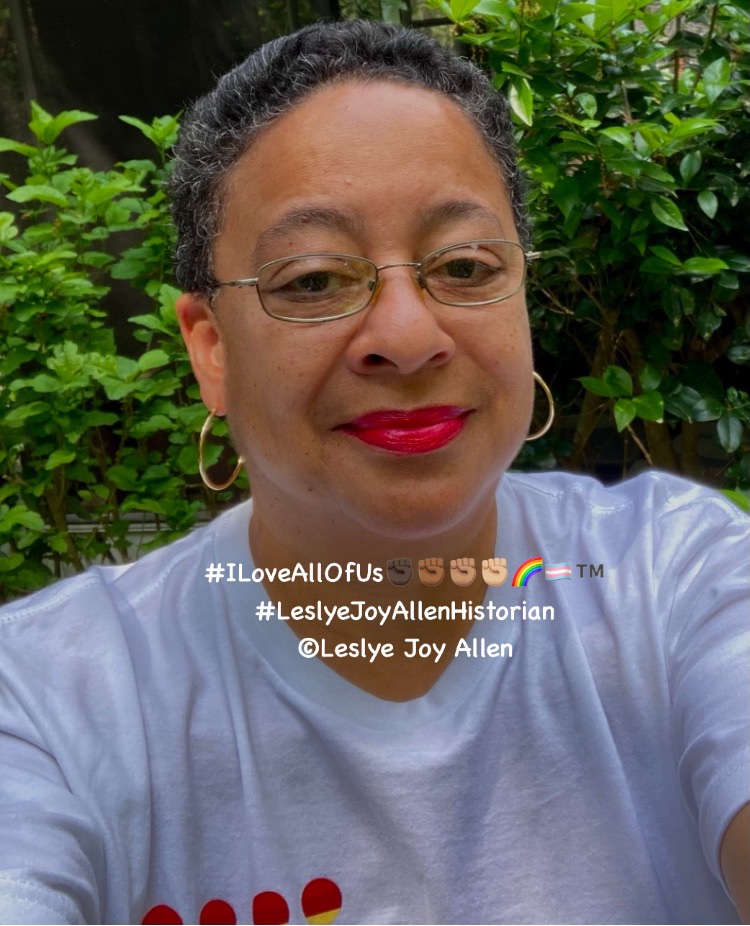Copyright © by Leslye Joy Allen. All Rights Reserved.
Let me first extend my deepest sympathies to the family, friends, and fans of DMX (né Earl Simmons). Full disclosure: I am a Traditional Jazz, Bebop, CuBop, Afro-Latin Jazz, Tin Pan Alley, Soul/R&B, Johnny Mathis music fan. Aside from a couple of Rap tunes, I am not much of a Rap/Hip Hop fan. My former students keep me up-to-date on the genre. So, this blog is not going to be filled with memories about when I first heard this very talented man who died too soon. I do hope, however, that DMX’s passing does more than have us publicly bemoan the perils of substance abuse, but rather, we Black folks start thinking seriously about mental health. I have no way of knowing if DMX had any form of mental disease, but a lot of drug users do…
Way back in the day, a friend as close as a brother, had a pattern of woofing down about FOUR 16-ounce Schlitz Malt Liquor Beers, coupled with about a fifth of Vodka, in one sitting over a couple of hours. Yet, I never saw him drunk. He would sleep 8 hours, then get up fresh as a daisy and go to work the next day. This was his daily ritual. He never had a hangover, if you can believe that. I couldn’t understand how he did it. Later, he was diagnosed with “Mania,” often an early symptom of Bipolar Disorder. The excessive booze was his way of self-medicating, of literally slowing down his brain that was constantly racing on all cylinders. The excessive alcohol made it possible for him to function, even if it was an unhealthy way to get some relief.
Now, drug abuse can cause mania, but drug use can also be a response to the mania itself. When I learned that DMX—a long term, off-and-on-again substance abuser—had a massive heart attack that put him in a coma with little brain function, I wondered if the source of his inability to permanently kick his drug habit was rooted in an undiagnosed mental illness. I don’t know. We may never know, but it is certainly a possibility.
We, in the Black community, have a serious mental health crisis precisely because, en masse, we don’t take mental illness seriously enough. Mental illness is not prayed away; it has to be treated. We casually and often humorously say that people have “lost their minds,” but sometimes they have actually done just that—lost their minds. A failure to seek treatment or to encourage someone to seek treatment means the disease gets worse. Sometimes, as in the case with my old friend, using both legal and illegal substances are signs of a larger problem that, if identified, can be successfully treated.
As of this writing, it has not yet been confirmed whether DMX’s heart attack, subsequent coma and death were the results of an overdose on opioids or some other drug. Even though the majority of opioid addicts are white, we have too often dismissed opioid addiction as strictly a “white” phenomenon, forgetting that there were/are glaring racial disparities in opioid addiction diagnosis and in addiction treatment. We can’t even afford to recall, with nostalgia, those days back in the mid-20th century, when there were virtually no statistics on “Black Suicide” because back then, for the most part, Black folks rarely, if ever, committed suicide. That day is dead and gone too.
Today, the second leading cause of death for Black youngsters from the ages of 10 to 14 is suicide. Let me repeat that: Today, the second leading cause of death for Black youngsters from the ages of 10 to 14 is suicide. And now it is estimated that Black children are more likely to commit suicide than white kids. When you have time, just read the data: Addressing the Crisis of Black Youth Suicide.
No matter what mental or physical problems led to DMX’s erratic drug habits and premature death, it was fairly obvious that he was an immensely talented man. We will read one tribute after another in his honor. Inevitably, people will mention how he “battled his demons.” They will easily recall when they heard DMX say something profound, something that changed their lives. What too many of them will not say is when they noticed a change in his behavior or habits or health or moods, and then tried to do something about it. And that’s not just a problem, it’s a shame.
Let’s do something more palpable than wring our hands and hang our heads in prayer. Say something to friends and family members when you witness erratic behavior and/or substance abuse. Pay attention to your own mental and physical health. Pay attention to your children’s mental and physical health. Call a psychiatrist, a physician whenever you believe it necessary. Ignore people who tell you that you are over-reacting. Help stop the trend of us losing too many of our people much too soon. Àṣẹ.
Copyright © by Leslye Joy Allen. All Rights Reserved.


This blog was written by Leslye Joy Allen and is protected by U. S. Copyright Law and licensed under a Creative Commons Attribution-NonCommercial-NoDerivatives-4.0 International License. Any partial or total reference to this or any blog authored by Leslye Joy Allen, or any total or partial excerpt of this or any blog by Leslye Joy Allen must contain a direct reference to this hyperlink: https://leslyejoyallen.com with Leslye Joy Allen clearly stated as the author. All Rights Reserved.
